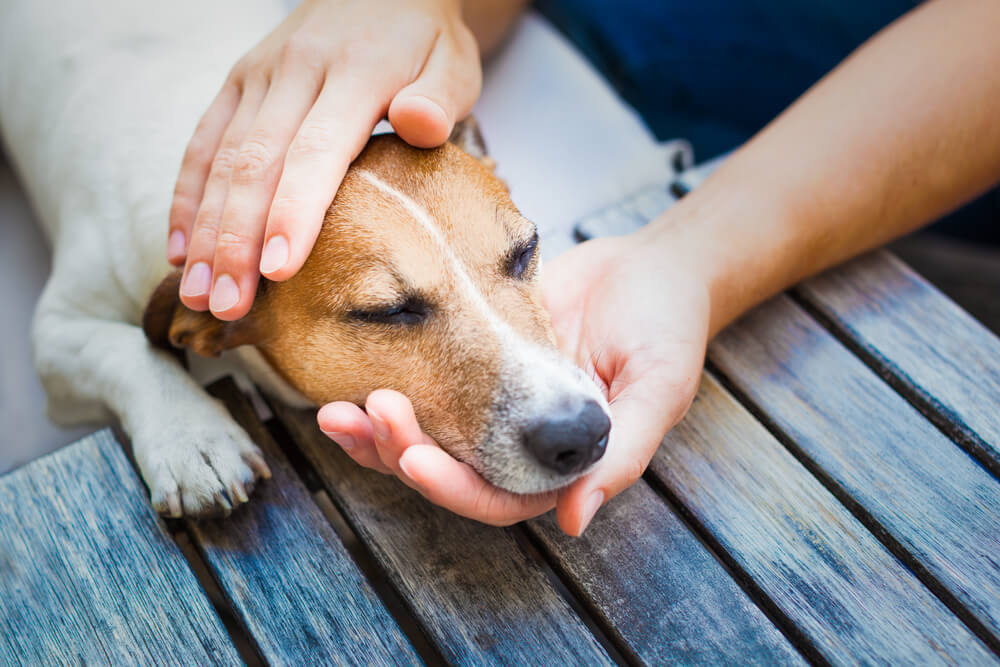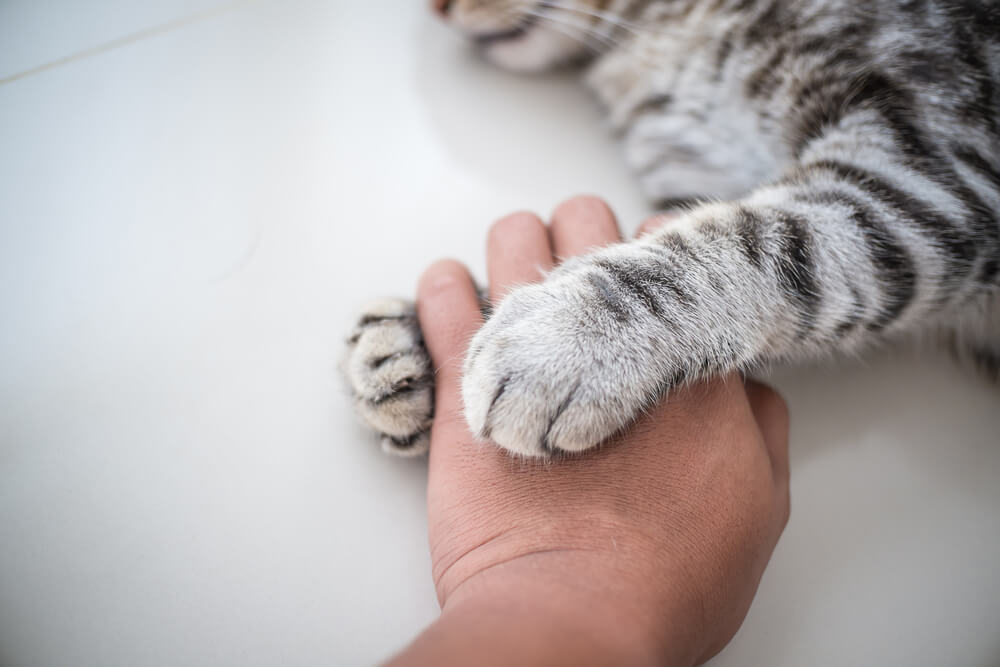The time leading up to a pet’s euthanasia is emotionally charged with conflicting feelings of guilt, apprehension, gratitude, and relief. While these feelings are natural, your debilitated pet is still looking to you for reassurance and comfort during this time. By choosing an in-home euthanasia, you can ensure your pet has a peaceful, private, and dignified passing.
Neighborhood Vets Mobile Care understands that navigating pet euthanasia is a sensitive subject, but knowing what to expect can relieve some of the burden. By understanding the many advantages of in-home euthanasia, you can see why pet owners who have chosen this approach consistently find the experience preferable to the veterinary hospital, and commonly request the same for all future pets. Here are five common reasons why pet owners prefer in-home euthanasia:
#1: Aging, injured, or senile pets do not have to endure stressful transport to the veterinary hospital
Transporting your pet from the home, to the car, to inside the hospital, can be an upsetting experience if your pet is painful, injured, senile, or too large to move without assistance. Owners who cannot find help may have to reschedule their euthanasia appointment, unintentionally prolonging their pet’ suffering.
Many owners wish to bury their pet themselves, but hesitate to transport the body back home. With an in-home euthanasia, handling is minimized.
#2: A comfortable environment eliminates fear and stress and results in a peaceful outcome
During an in-home euthanasia, your pet’s emotional comfort is a priority for Neighborhood Vets Mobile care, because when your pet feels relaxed and secure, they can be themselves, and you can focus on each other during those precious final moments.
Pets who have formed negative associations with the veterinary hospital may be apprehensive, hypervigilant, or scared prior to their on-site appointment. Pets who are debilitated by age or illness are often more frightened because of their weakened state, and may react defensively to perceived threats by biting or scratching.
In-home euthanasia meets your pet on their territory, where they are most comfortable. Our services can be performed while your pet is in your home, on a cozy bed or their favorite couch.
#3: Your family and your pet receive a quiet and personal experience
Veterinary hospitals are crowded, busy places, and despite their best efforts, maintaining a quiet and respectful environment during a euthanasia can be impossible. Electing to euthanize your pet at home allows you more control over the experience, without ringing phones, barking dogs, or interruptions.
Veterinary hospitals may also limit how many family members can attend euthanasia appointments. Scheduling an at-home appointment with Neighborhood Vets Mobile Care is a safe way to ensure your entire family can say goodbye.
#4: Your pet has our undivided attention
Although all veterinarians make a special effort to give euthanasia appointments the time and focus they deserve, a hospital setting can make this difficult. An in-home experience is dedicated to your pet, their individual needs, and to supporting you and your family through this emotional time. Our in-home euthanasia visit typically proceeds as follows:
- After arriving for your pet’s scheduled appointment, Neighborhood Vets Mobile Care will ask you a few key questions, to better understand your pet’s current health status and quality of life.
- We encourage you to ask any questions you may have about the process at any time.
- If you have not already chosen after-care, such as cremation or burial, we will review those choices with you before we arrive
- When you are ready, your pet will be given a mild sedative injection. This medication allows us to safely give an intravenous injection without your pet being conscious, or causing unnecessary stress or discomfort.
- When the euthanasia injection is administered, your pet will stop breathing in 30 to 60 seconds, but will not experience any pain or fear.
- When no heartbeat is detected, we will confirm your pet’s passing so you may grieve their passing.
#5: You can privately grieve for your pet


